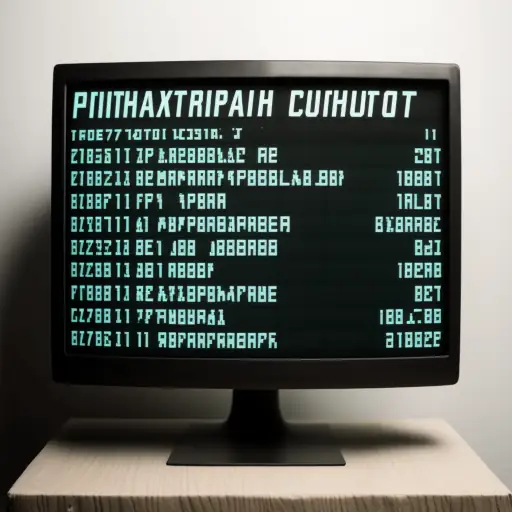Words that count
A selection of words or expressions that have acquired a special significance in late Putin’s Russia
This page is still a work-in-progress. It is shared in the spirit of keeping the research process as open as possible, but it still a draft document, possibly an early draft: incomplete, unedited, and possibily inaccurate. Datasets included may likewise not be fully verified.
 Context
Context
A number of expressions have gathered particular prominence or significance in Russia’s public discourse in relation to Russia’s increasingly tense relations with the West, as well as - more directly - in relation to Ukraine, the annexation of Crimea, the war in the Donbas, and the invasion started in 2022. Some of these expressions, including cultural and geographic signifiers, have received scholarly attention in recent years (e.g Novorossiya and Russky mir), others of more recent vintage in the Russian context (e.g. denazifikatsiya) certainly will.
In this document, I keep track of some of these expressions, including reference to scholarly literature related to them, and links to analyses based on datasets generated in the course of this project.
Geographic and cultural signifiers
Politically loaded expressions
collective West - see Chimiris (2022). See also the detailed post dedicated to the concept of “collective West” published on this website.
de-nazification
Terms that entered media discourse
- Wagner / ЧПК Вагнер - in this January 2023 BBC podcast BBC News - Russian service (2023), for example, Liza Fokht highlights how reference to the military organisation Wagner was scarcely to be found, in particular in official sources, until well after the beginning of the invasion in February 2022
- “fake” / “фейк” - possibly inspired by Donald Trump’s obsession with “fake news” which soon spread through media elsewhere, the term has come into use maintaining its English-language form also in Russian-language media